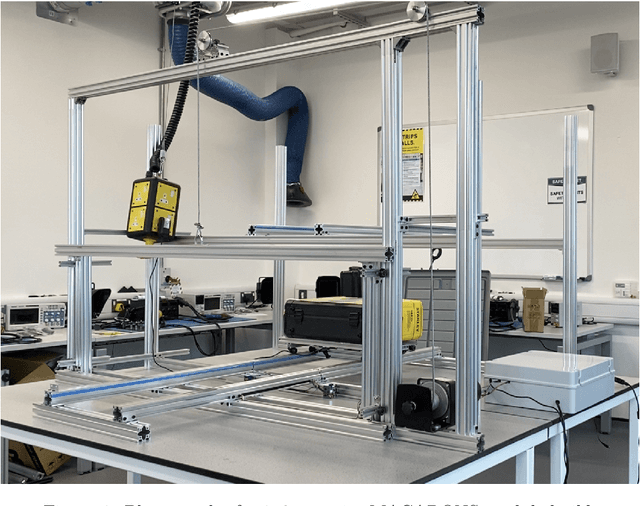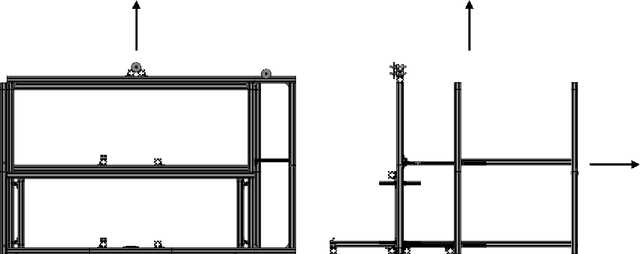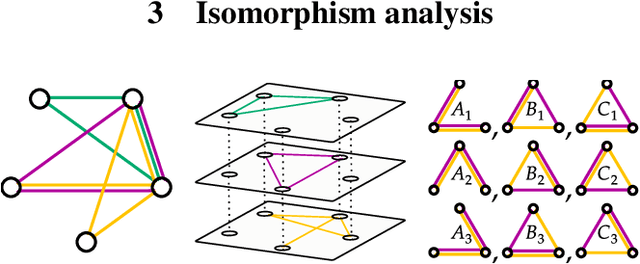Vijja Wichitwechkarn
Impact of data usage for forecasting on performance of model predictive control in buildings with smart energy storage
Feb 19, 2024Abstract:Data is required to develop forecasting models for use in Model Predictive Control (MPC) schemes in building energy systems. However, data usage incurs costs from both its collection and exploitation. Determining cost optimal data usage requires understanding of the forecast accuracy and resulting MPC operational performance it enables. This study investigates the performance of both simple and state-of-the-art machine learning prediction models for MPC in a multi-building energy system simulation using historic building energy data. The impact of data usage on forecast accuracy is quantified for the following data efficiency measures: reuse of prediction models, reduction of training data volumes, reduction of model data features, and online model training. A simple linear multi-layer perceptron model is shown to provide equivalent forecast accuracy to state-of-the-art models, with greater data efficiency and generalisability. The use of more than 2 years of training data for load prediction models provided no significant improvement in forecast accuracy. Forecast accuracy and data efficiency were improved simultaneously by using change-point analysis to screen training data. Reused models and those trained with 3 months of data had on average 10% higher error than baseline, indicating that deploying MPC systems without prior data collection may be economic.
MACARONS: Open hardware for vertical farming
Oct 10, 2022



Abstract:The Modular Automated Crop Array Online System (MACARONS) is an extensible, scalable, open hardware system for plant transport in automated horticulture systems such as vertical farms. It is specified to move trays of plants up to 1060mm x 630mm and 12.5kg at a rate of 100mm/s along the guide rails and 33.3mm/s up the lifts, such as between stations for monitoring and actuating plants. The cost for the construction of one grow unit of MACARONS is 144.96USD which equates to 128.85USD/m$^2$ of grow area. The designs are released and meets the requirements of CERN-OSH-W, which includes step-by-step graphical build instructions and can be built by a typical technical person in one day at a cost of 1535.50 USD. Integrated tests are included in the build instructions are used to validate against the specifications, and we report on a successful build. Through a simple analysis, we demonstrate that MACARONS can operate at a rate sufficient to automate tray loading/unloading, to reduce labour costs in a vertical farm.
The Role of Isomorphism Classes in Multi-Relational Datasets
Sep 30, 2020



Abstract:Multi-interaction systems abound in nature, from colloidal suspensions to gene regulatory circuits. These systems can produce complex dynamics and graph neural networks have been proposed as a method to extract underlying interactions and predict how systems will evolve. The current training and evaluation procedures for these models through the use of synthetic multi-relational datasets however are agnostic to interaction network isomorphism classes, which produce identical dynamics up to initial conditions. We extensively analyse how isomorphism class awareness affects these models, focusing on neural relational inference (NRI) models, which are unique in explicitly inferring interactions to predict dynamics in the unsupervised setting. Specifically, we demonstrate that isomorphism leakage overestimates performance in multi-relational inference and that sampling biases present in the multi-interaction network generation process can impair generalisation. To remedy this, we propose isomorphism-aware synthetic benchmarks for model evaluation. We use these benchmarks to test generalisation abilities and demonstrate the existence of a threshold sampling frequency of isomorphism classes for successful learning. In addition, we demonstrate that isomorphism classes can be utilised through a simple prioritisation scheme to improve model performance, stability during training and reduce training time.
 Add to Chrome
Add to Chrome Add to Firefox
Add to Firefox Add to Edge
Add to Edge